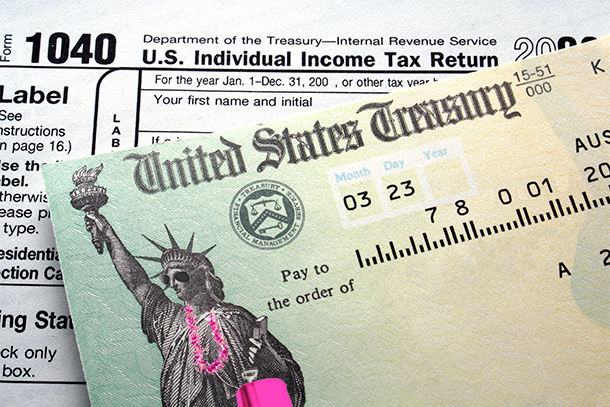
We all know that travel can be taxing in both the physical and financial senses. But the extent of financial taxing in major destinations around the country may surprise you. A new study by the Global Business Travel Association sheds light on two different kinds of taxes travelers have to pay: all-up taxes, including state and local sales levies, and taxes that specifically target travelers.
Topping the list of top tax-grabbers is Chicago, where a typical business traveler can expect to pay $41 per day for standard business expenses such as hotel, restaurant, and rental-car costs. Others cities among the top-10 taxers are New York at $39; Minneapolis and Kansas City, Missouri, at $37; Indianapolis at $36; Cleveland, Boston, Seattle, and Nashville at $35; and Houston at $34. At the other end of the spectrum, most of the 10 lowest-tax cities, all charging $23–25 per day, are in California or Florida, along with Detroit, Honolulu, and Portland, Oregon.
A good portion of those tax takes are sales taxes that hit locals along with visitors. And because they’re mostly based on a percentage of the price you pay, budget travelers will pay less. The relative ranking, however, should hold regardless of whether you’re a budget or luxury traveler.
Quite a few cities around the country assess taxes that specifically target tourists—notably on hotel and rental-car services, which visitors are much more likely than residents to use. The top 10 cities that intentionally gouge visitors are Portland, Oregon, at $23; followed by Boston at $19; Indianapolis at $18; Minneapolis and Chicago at $17; New York and Washington, D.C., at $16; and Kansas City, Charlotte, and Milwaukee at $15. The 10 cities with the lowest direct hits on visitors are all in California and Florida, and the charges range from $2 to $7 per day.
Folks who rent cars seem to be the most popular targets for gouges, with specific levies often not even remotely related to supporting visitor services. Local authorities obviously believe that taxation without representation is the best kind of taxation. The main pushback on travel taxes comes from local hotel, restaurant, and car-rental operators who fear—quite rightly, in some cases—that excessive taxes will drive some lucrative convention business into more welcoming venues.
Obviously, you can’t do much to avoid these taxes as an individual traveler. If you want to see a Broadway show, you can’t stay in Burbank because taxes are lower. But if you’re arranging a convention, you can take taxes into account, as some planners do. For the rest of us, at best, it’s one of those “good to know” pieces of information.
You Might Also Like:
We hand-pick everything we recommend and select items through testing and reviews. Some products are sent to us free of charge with no incentive to offer a favorable review. We offer our unbiased opinions and do not accept compensation to review products. All items are in stock and prices are accurate at the time of publication. If you buy something through our links, we may earn a commission.
Related
Top Fares From
Today's Top Travel Deals
Brought to you by ShermansTravel
France: 8-Night Paris, Avignon & Nice...
Infinity Worldwide Vacations
 vacation
$2880+
vacation
$2880+
Poconos: 3 Nts in Garden of...
ResortsAndLodges.com
 hotel
$305+
hotel
$305+
7-Nt Canada & New England Cruise,...
Princess Cruises
 cruise
$839+
cruise
$839+



